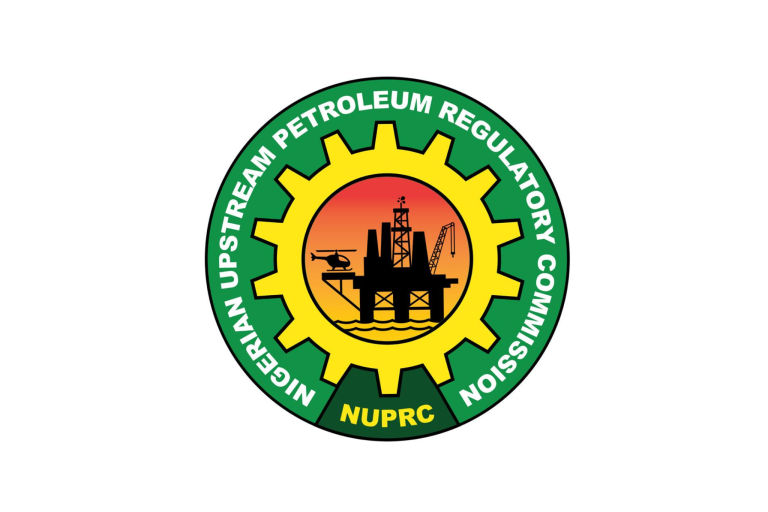The Nigerian Upstream Petroleum Regulatory Commission (NUPRC) has revealed that only six out of the 42 deep offshore licenses it issued in the past 30 years have been developed.
This information was shared by Mr. Victor Otobo, Head of the National Oil and Gas Excellence Centre, who represented NUPRC Chief Executive Gbenga Komolafe at the recent Kenna Partners Energy Dialogue in Lagos. The event focused on the theme “Divestments, Re-Investments, Deep-Offshore Development and the Future of Oil and Gas in Nigeria.”
According to a statement from Kenna Partners, Otobo highlighted the commission’s track record, stating, “The commission has granted 42 licenses for deep offshore development over 30 years, but only six have been developed so far.” He attributed funding constraints and technological challenges as significant barriers to deep offshore development. To address these issues, the commission has streamlined the tax regime, removed bureaucratic obstacles, and clarified regulations to attract potential investors.
He noted that the Petroleum Industry Act has simplified taxation to just Hydrocarbon Tax and Royalties, eliminating the Petroleum Profit Tax and thus reducing the tax burden on operators.
Otobo reaffirmed the commission’s commitment to fostering a regulatory environment conducive to divestment and reinvestment within the industry. He explained, “The first step in divesting interest in an asset awarded by the Federal Government is to submit a notification of divestment. The company then applies to outline its divestment plan. The commission conducts due diligence to ensure the assets are free of encumbrances and potential liabilities.”
He emphasized the ministry’s awareness of funding challenges facing the global energy sector, stating that it is working to create a more favorable environment for investment. The Minister of State for Petroleum Resources (Oil), Heineken Lokpobiri, represented by Kamoru Busari, Director of Upstream at the ministry, noted that the government is engaging in dialogue with other oil-producing African nations to establish a bank to fund local projects, avoiding dependence on Western transition plans. This initiative led to the creation of the $5 billion African Energy Bank, hosted in Nigeria by the African Petroleum Producers’ Organisation.
Prof. Fabian Ajogwu, Senior Partner at Kenna Partners and a Senior Advocate of Nigeria, stressed the importance of a thorough examination of the energy sector. He pointed out that international oil companies are withdrawing investments from Nigeria while redirecting funds to other African nations. He noted that security issues, host community relations, and return on investment costs are likely factors in these divestments, necessitating that indigenous operators develop robust strategies to address these challenges.
“New assignees must conduct due diligence and have a plan for engaging with host communities, operating efficiently, and addressing security concerns,” Ajogwu stated. He also emphasized the need for operators to focus on health, maintenance, capital requirements, and governance structures for new ventures.
Despite the challenges, he pointed out that the opportunities presented by reinvestments from IOCs in the largely untapped deep offshore sector can mitigate the impacts of divestments. “The deep offshore is one of the most promising exploration areas globally, particularly for Nigeria, which holds vast untapped hydrocarbons and faces fewer challenges than onshore operators. While costs are higher, advancements in technology have made operations more cost-efficient than a decade ago.”
Ajogwu concluded by urging the government to create an environment that attracts foreign direct investment in the subsector through lower royalty rates, a simplified regulatory framework, clear licensing processes, and incentives for gas development.

